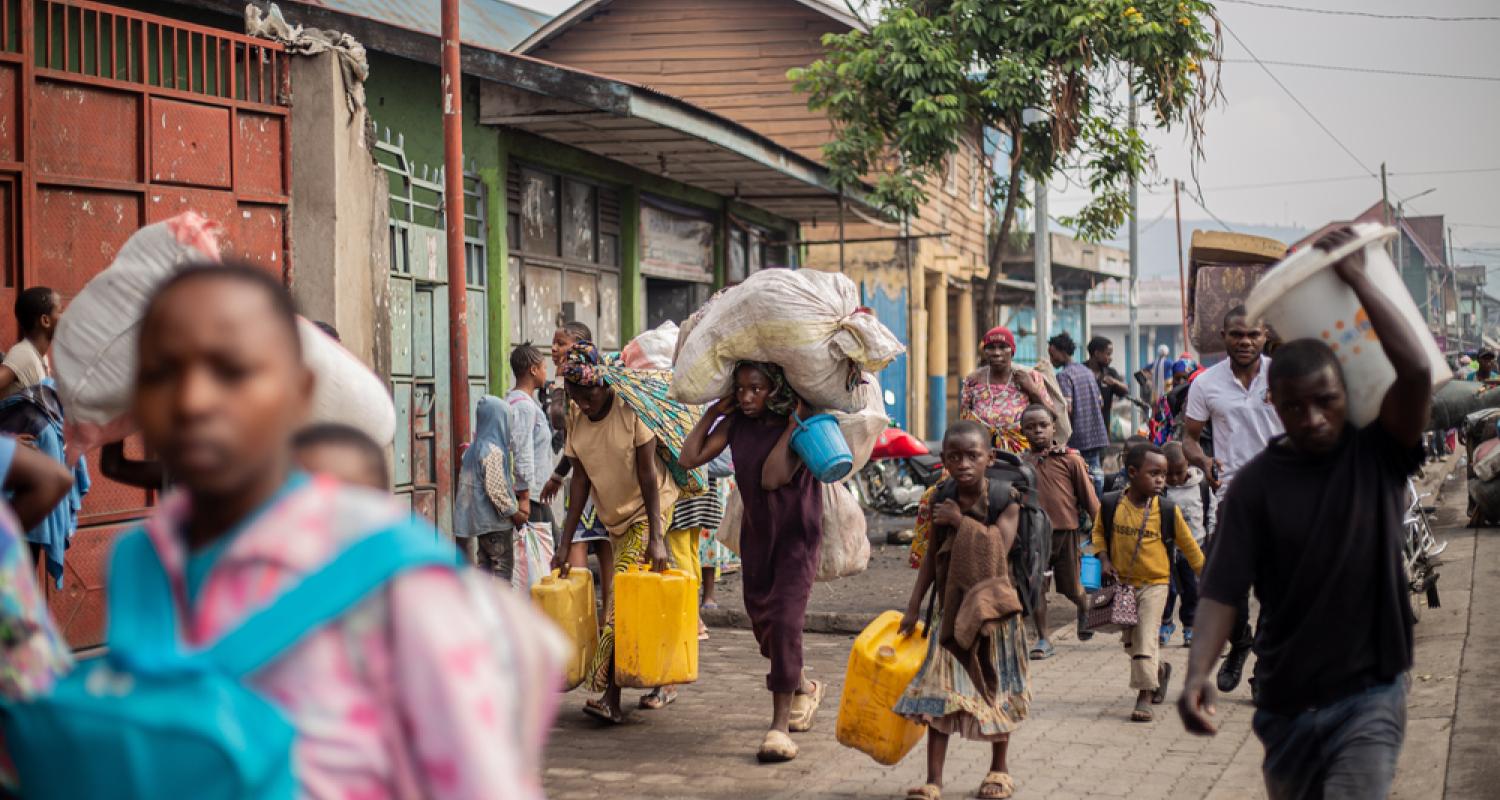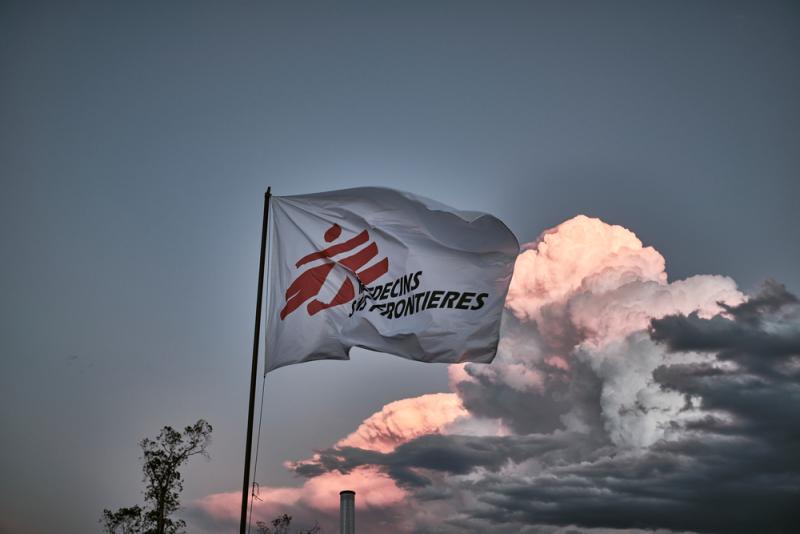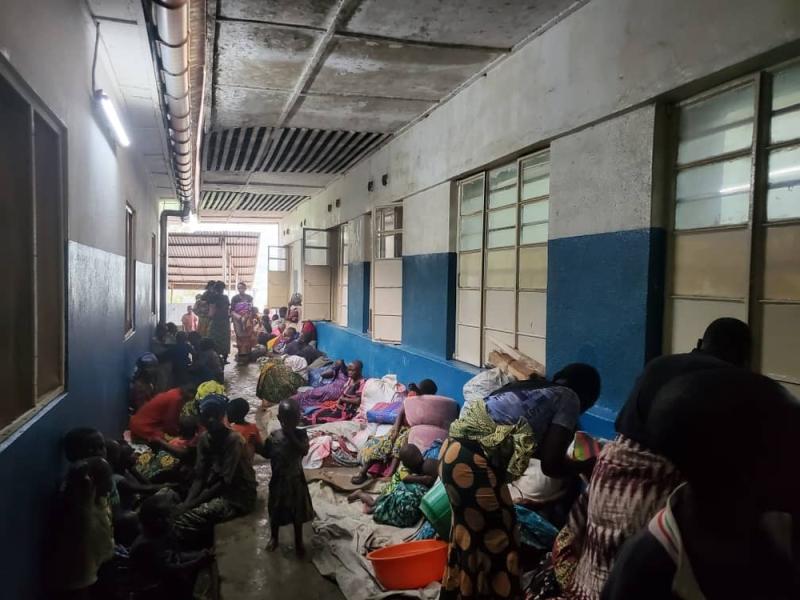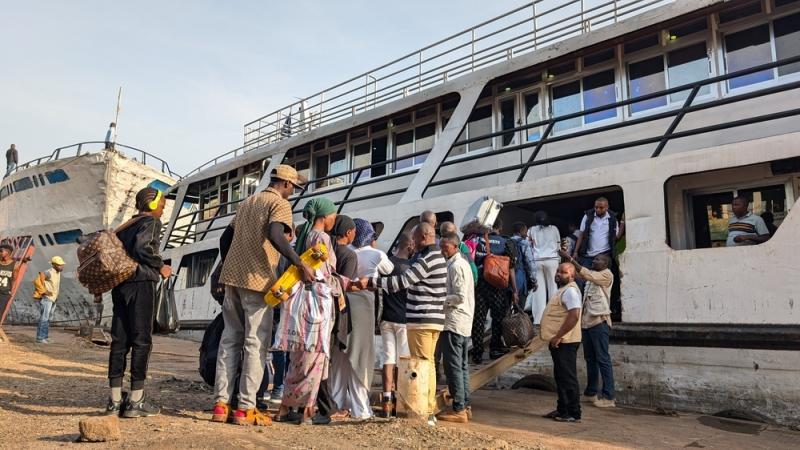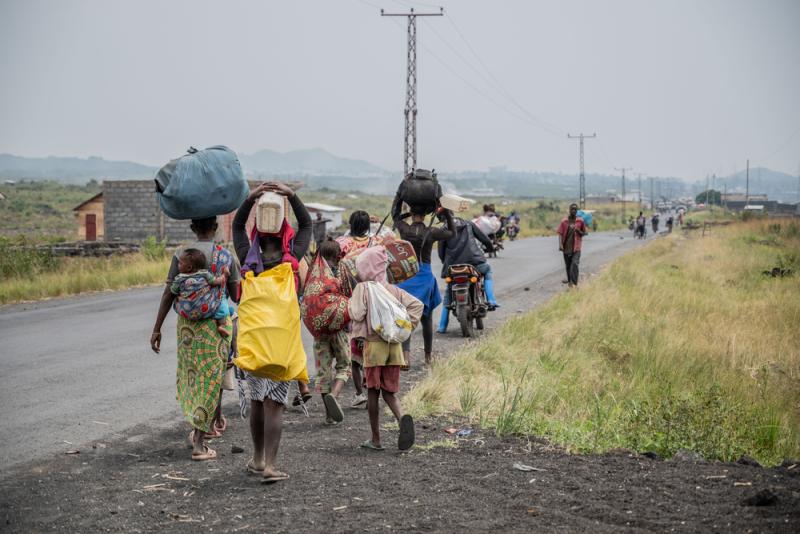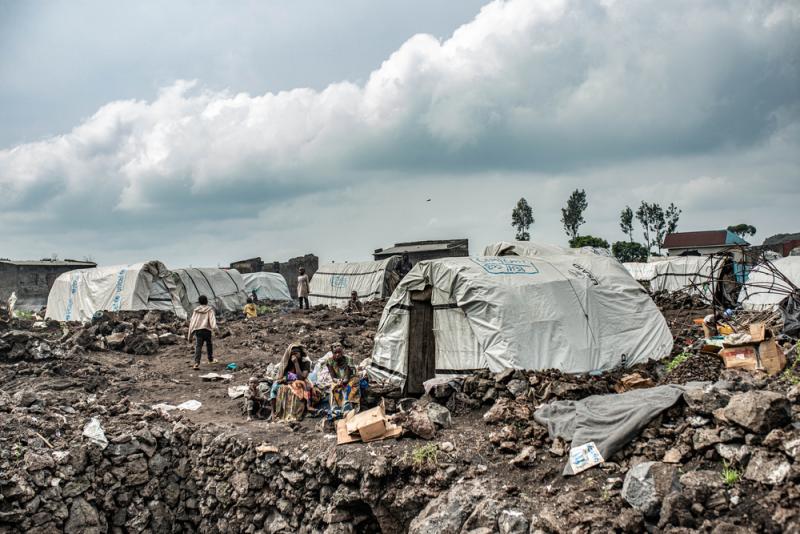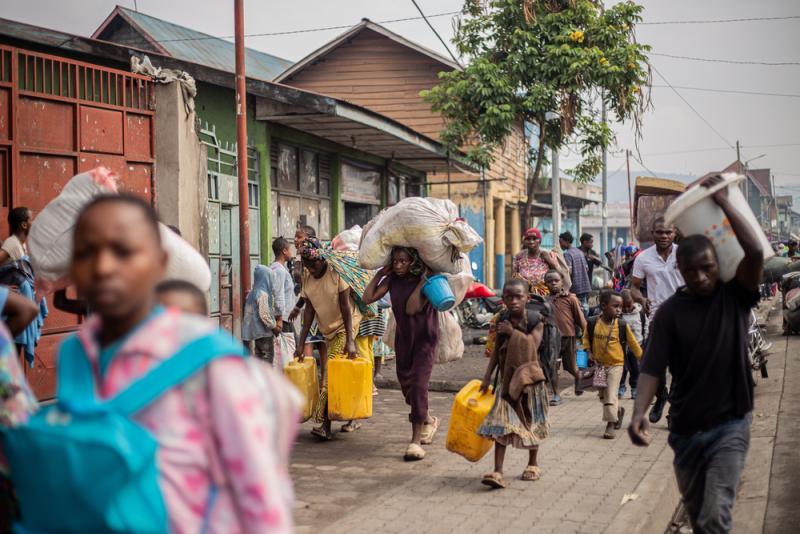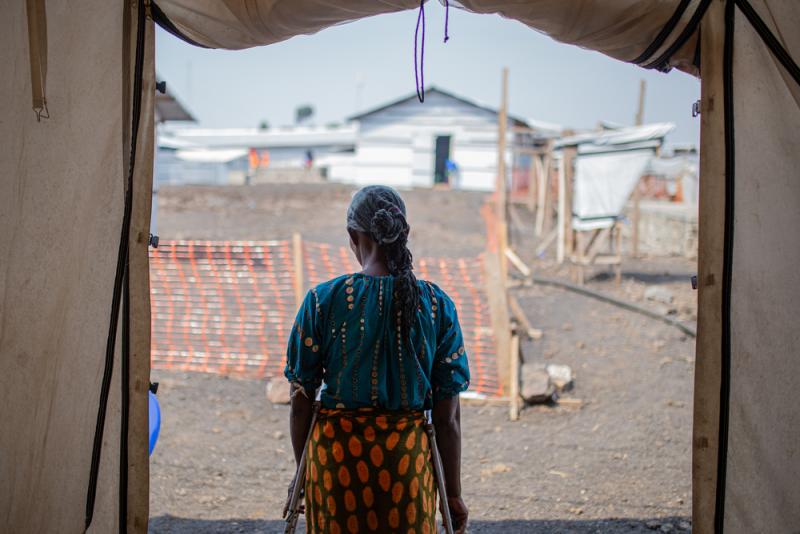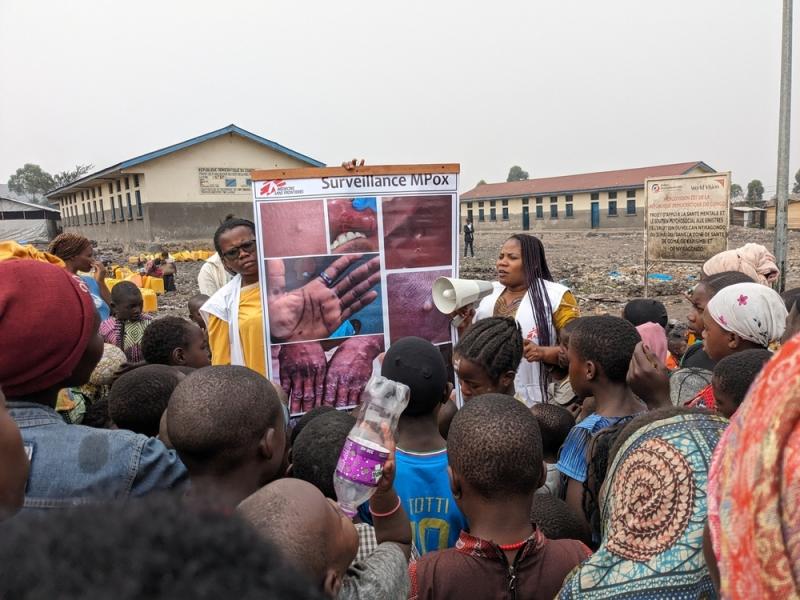Doctors Without Borders is responding to the Democratic Republic of the Congo (DRC) crisis
Latest update
The entire Doctors Without Borders family is mourning the loss of our colleague, who passed away from gunshot wounds after shots struck the Doctors Without Borders base in Masisi town in North Kivu province.
Will you support our emergency response work?
Help us provide lifesaving medical care during emergencies by making a donation today.
What to know about the armed conflict in North and South Kivu?
Clashes between armed groups and their allies in Democratic Republic of Congo (DRC) have been ongoing since late 2021. However, since December 2024, North Kivu province in eastern DRC has experienced escalating clashes between the armed group M23/Alliance Fleuve Congo (AFC) and the Congolese army, backed by allied forces.
The conflict has spread into South Kivu province and pushed the front line closer to civilian populations, reaching Goma, the capital of North Kivu, where 650,000 people have been displaced into makeshift camps, alongside an estimated 2 million residents.
How has the crisis in DRC affected the people?
The conflict has displaced hundreds of thousands of people, further worsening the already critical humanitarian and health situation in eastern DRC. According to the United Nations, hundreds of thousands of people have already fled since January.
Tens of thousands headed for displacement sites around Goma, where more than 650,000 people were surviving without proper shelter and lacking everything: food, water, health care. These conditions also increase the risk of disease outbreaks, such as cholera, due to poor hygiene.
Doctors Without Borders also saw high cases of sexual violence. The care data for 2023 presented in the "We Are Calling for Help" report, shows that 91% of victims treated with Doctors Without Borders assistance in the DRC were treated in the province of North Kivu, where clashes between the armed groups and their allies have been raging since late 2021.
The impact of this fighting on the civilian population is enormous. In addition to the wounded and dead, we are receiving devastating reports from IDP camps where our teams can no longer go. In the Kanyaruchinya IDP site, the health centre we support continues to operate, but the team has seen two children die this week because they could not be transferred to any hospital.Stephan Goetghebuer, Head of Programs
What is Doctors Without Borders response to the crisis?
Despite ongoing hostilities, Doctors Without Borders teams continue to deliver medical assistance through both regular and emergency projects in DRC.
Our priorities at this stage in North and South Kivu are to provide the care to the wounded and to reduce the risk of cholera outbreaks, which is a concern due to unsafe water sources, inadequate sanitation and displacement. Our teams have carried out various activities, including:
- Supporting hospitals in treating the wounded.
- Collecting and distributing blood bags to overwhelmed hospitals.
- Returning to several displacement sites to assist local health centres.
- Expanding or re-establishing cholera treatment units and specialized clinics for survivors of sexual violence.
- Providing food, water, and fuel for water pumping stations.
- Improving sanitation by emptying latrines and installing hand-washing facilities.
Doctors Without Borders teams are closely assessing the situation and exploring ways to scale up our emergency efforts to respond to the humanitarian needs, as the impact on the people remains immense.
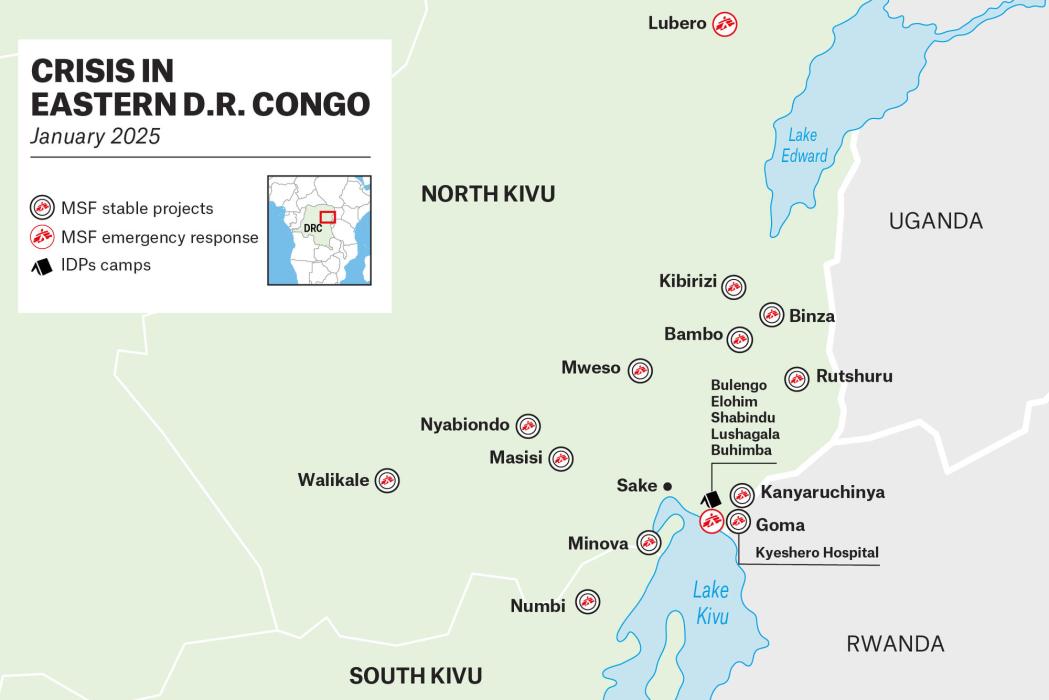
Map of the Doctors Without Borders regular and emergency projects in North and South Kivu, DRC.
Support our work
With your help, we can continue providing the support they and other vulnerable people caught in crises need.
